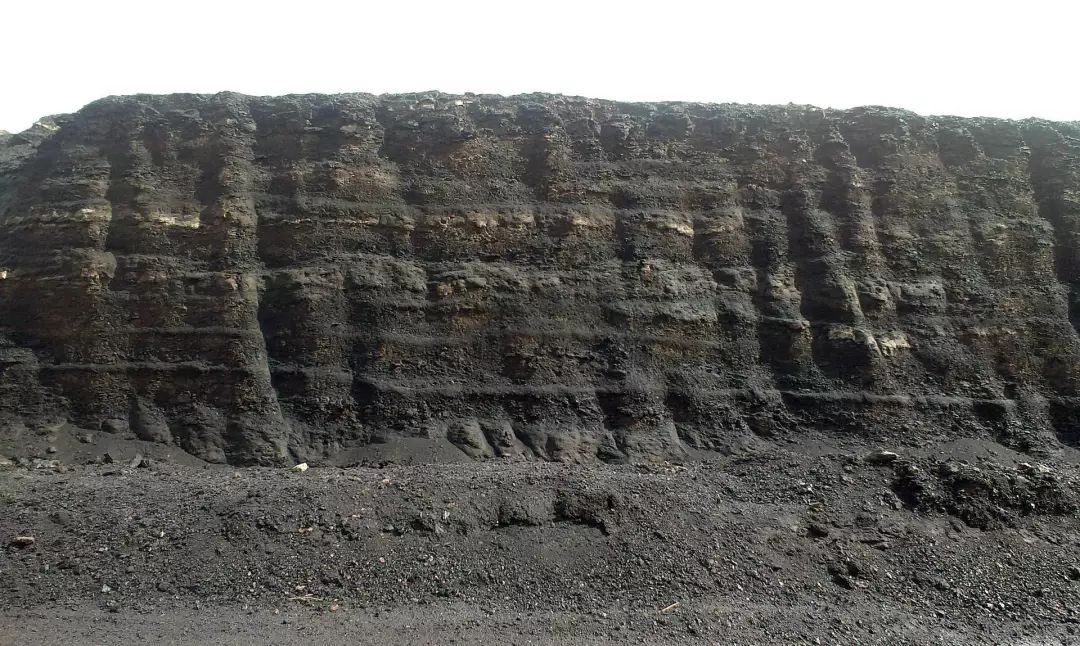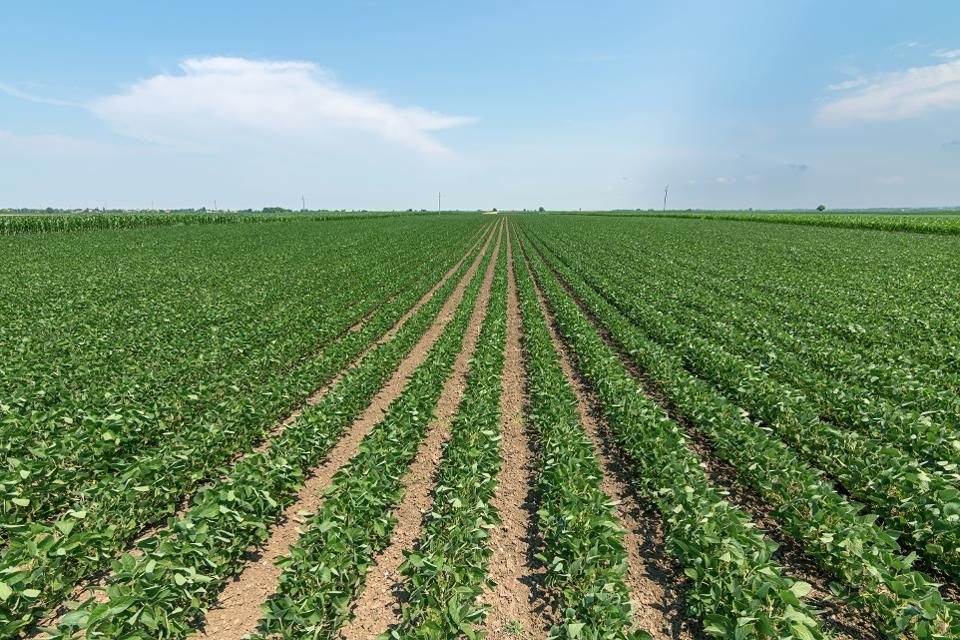Product Recommended: Mineral Fulvic Acid Powder
From heading to filling stage of wheat, each 665 ㎡ of wheat consumes an average of about 5, 000 KGS of water. 150, 000 KGS of water in 30 days. And 15 billion tons of water. Many people think that the water in the wheat field is mainly sunlit from the ground. In fact, more than 90% of the water is transpiration through the leaves.

Agricultural chemists from all over the world have tried to find a chemical to reduce the transpiration of leaves. But some of the chemicals found are expensive, short action time, pollution, poor photosynthesis and other shortcomings, so they are not practical.
It was Chinese scientists who first discovered that natural fulvic acid powder has anti-transpiration effect and made a report at the world conference held in Australia. Which attracted the attention of all countries in the world. Fulvic acid is different from the chemical reagent mentioned above. The price is low, the action time can reach 10 to 15 days. Pollution-free, does not hinder the normal photosynthesis.
Fulvic acid reduces transpiration by 10 -15% over a period of 10 to 15 days. Don’t underestimate this number. It has been said that 100 million 665 ㎡ of wheat will transpiration 15 billion tons of water a month. A 10 percent reduction is 1.5 billion tons. It is a great significance for wheat to resist drought and win a bumper harvest.
How does fulvic acid reduce the transpiration of water?

The high-resolution electron microscope is used to observe that the moisture is transpiration from the small pores of the leaves. The fulvic acid powder can reduce the opening degree of the pores of the leaves. Reduce the transpiration of the water. So that the absorption of the potassium ions by the plants can be mobilized. The metabolism is promoted. The respiration intensity is promoted.
The photosynthetic strength and the activity of the plant enzyme are promoted. And the drought-resistant capacity of the crops can be improved. So that the water-saving capacity can be improved. And the corresponding drought-resistant, cold-resistant and pest-resistant capability of the plants can be improved.
Wheat is most afraid of dry and hot wind during grain filling. Because it is normal to transpiration of 10,000 kg of water a day as mentioned above. When dry and hot wind comes, high temperature and dry air make the water is far from enough. Even wheat will dry up and die, at last reduce production.
If you pay attention to the weather forecast, before the arrival of dry and hot wind, spraying fulvic acid powder once or two days can effectively resist the dry and hot wind. Similarly, spraying fulvic acid powder 1 to 2 days before the cold current can also reduce the impact of the cold current on crops.






